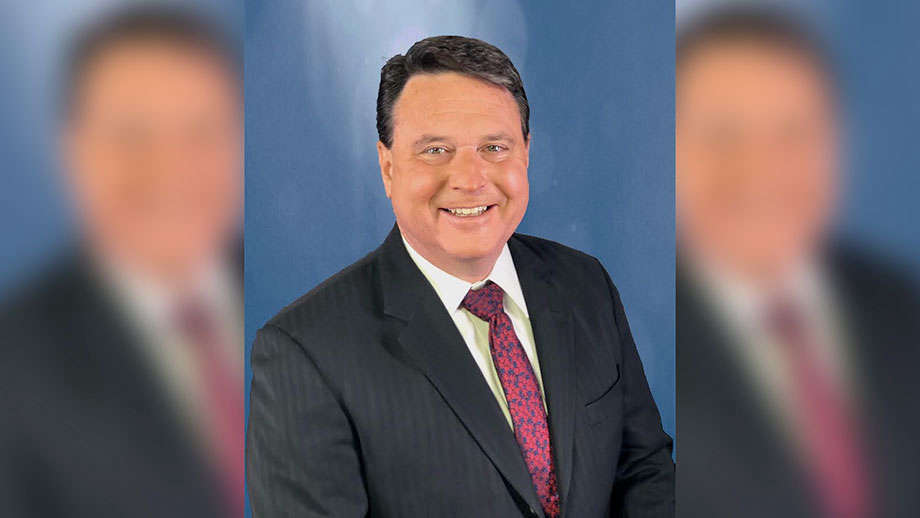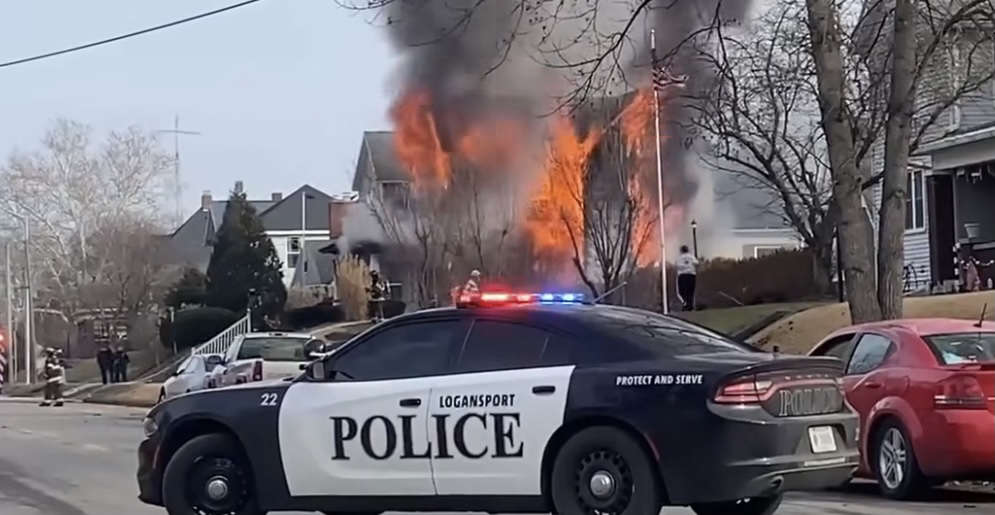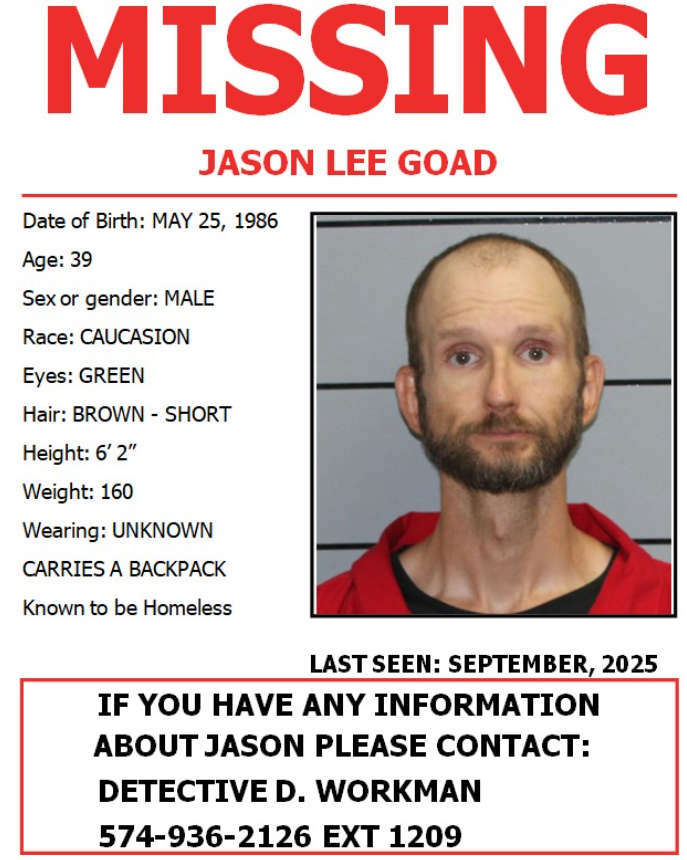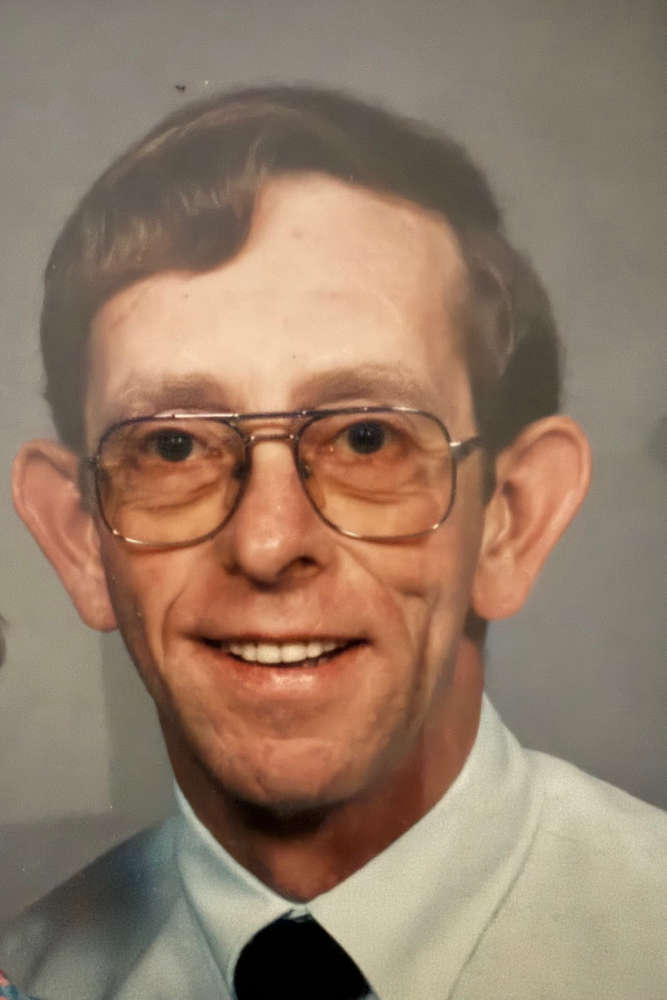
The First Amendment does not prevent states from requiring online purveyors of pornography to implement reasonable age-verification measures to protect children from harm.
As co-leader of a 24-state coalition, Attorney General Todd Rokita pressed this point in an amicus brief filed with the U.S. Supreme Court recently.
The court is considering a constitutional challenge to a Texas law requiring websites hosting large amounts of obscene material harmful to children to implement a reasonable age-verification system. That law is similar to an Indiana law passed by the General Assembly. It reflects that states have long had the authority to prevent minors from accessing obscene materials, including pornography.
“Not only do states have the authority to prevent pornography websites from providing children with hardcore porn, but they have a responsibility to do so,” Attorney General Rokita said. “The truth is that exposure to porn — much of which touts sexual violence — causes real harm to minors. It hurts them emotionally, intellectually, psychologically, sexually and socially. So, there are compelling reasons to prevent minors from viewing pornography. Children are a precious gift from God. As a public servant, I’ll always support parents in the mission to protect our kids.”
Many other adult industries — such as alcohol, gambling and tobacco — already employ age-verification technology.


 New Smart SNAP regulations to begin January 1
New Smart SNAP regulations to begin January 1
 78-year-old man killed in Cass County accident
78-year-old man killed in Cass County accident
 Logansport house fire damages two homes and injures two firefighters Christmas Day
Logansport house fire damages two homes and injures two firefighters Christmas Day
 Santa Scott of Kewanna brings holiday cheer through seasonal "Santa business"
Santa Scott of Kewanna brings holiday cheer through seasonal "Santa business"
 Extensive cleanup of lead-contaminated soil in 84 residential yards in Logansport near the former Exide Battery Corp. completed
Extensive cleanup of lead-contaminated soil in 84 residential yards in Logansport near the former Exide Battery Corp. completed
 Ray Allison named next executive director of the Indiana State Fair Commission
Ray Allison named next executive director of the Indiana State Fair Commission
 Plymouth Police ask public's help to find missing man
Plymouth Police ask public's help to find missing man




